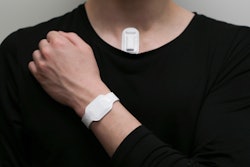According to a recent BioSpace article, Neuralink’s application for conducting a human trial of its brain implant technology has been rejected by the FDA due to incomplete information on its impact on the human body. Neuralink's implantable device is designed to help people with brain and spinal injuries by connecting human brains directly to computers.
The FDA requested additional information about Neuralink's technology, including how the device will work, how it will be implanted, and what potential side effects may arise from the implantation. The agency’s decision marks a setback for Neuralink, which has been developing the technology for several years and has previously tested it on animals with major ethical pushback. However, the company has not yet tested the technology in humans, and the FDA's rejection highlights the challenges involved in developing novel concepts.






















